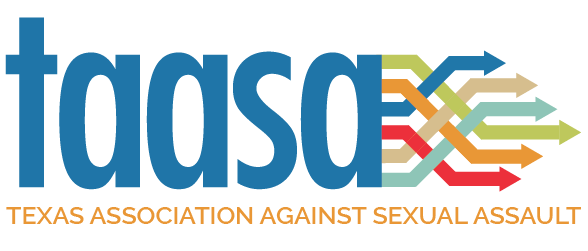COVID-19 Resources
English Resources
RSP Letter to Coalitions - Returning to Work Post COVID-19
CJD Guidance #3 – Match Waiver Process for Victim Service Grants
CJD update #2.2 - VOCA Grantees
WORLD HEALTH ORGANIZATION (WHO)
The importance of social distancing as a critical preventative measure
COVID-19 Update: The Families First Coronavirus Response Act Becomes Law
Missouri CADSV Responsible Re-Entry Post COVID 19
HHSC - Health Facility Compliance Guidance Letter
Families First Coronavirus Response Act: Questions and Answers
COVID19 Emerging Response Resources
Serving Victims and Survivors Information
How do I obtain consent from a client to use telecounseling if we cannot meet in-person?
Email the informed consent page to the client to review. Best practice would be for the client to reply to the email indicating their consent, or signing the form and sending it back to you (to have a paper trail). If you cannot obtain written permission, the client can provide verbal permission – though, you must document this in their file.
We are in the process of confirming the acceptance of verbal consent by the Texas Licensing boards.
Hospital Accompaniment
It is helpful to take guidance directly from local health officials and to communicate medical care following a sexual assault is to be considered a medical emergency and not an elective procedure!! With that being said, we understand how overwhelmed hospitals and medical professionals are at this time. Let’s continue the creative approaches and ideas to ensure survivors know they are not alone.
IAFN’s main message is to assure survivors that that the healthcare system is open and safe for them to access.
Our national sexual assault partners sent along this message:
Please encourage your programs to connect with their SART members to ensure coordination of services. Some information for them to discuss includes:
- Is the hospital restricting access to "non-essential" visitors, and what does that mean for advocates responding to the hospital?
- Has the advocacy program modified their services in any way (e.g. telephone services only?)
- If an advocate is unable to provide in-person hospital response, coordinate with about how they might be available to the survivor by phone.
- If a survivor has an opportunity to speak with an advocate by phone, please ensure the survivor is able to talk with the advocate in a private location at the hospital that promotes confidentiality.
Please see below questionnaire that a rape crisis center who’s relationship with their local SANE program/Hospital has allowed to survivors. This document includes consent and next steps in the event advocates are not allowed in the ER Room.
More information for Nurses:
Español Recursos
How do I obtain consent from a client to use telecounseling if we cannot meet in-person?
Email the informed consent page to the client to review. Best practice would be for the client to reply to the email indicating their consent, or signing the form and sending it back to you (to have a paper trail). If you cannot obtain written permission, the client can provide verbal permission – though, you must document this in their file.
Hospital Accompaniment
It is helpful to take guidance directly from local health officials and to communicate medical care following a sexual assault is to be considered a medical emergency and not an elective procedure!! With that being said, we understand how overwhelmed hospitals and medical professionals are at this time. Let’s continue the creative approaches and ideas to ensure survivors know they are not alone.
IAFN’s main message is to assure survivors that that the healthcare system is open and safe for them to access.
Our national sexual assault partners sent along this message:
Please encourage your programs to connect with their SART members to ensure coordination of services. Some information for them to discuss includes:
- Is the hospital restricting access to "non-essential" visitors, and what does that mean for advocates responding to the hospital?
- Has the advocacy program modified their services in any way (e.g. telephone services only?)
- If an advocate is unable to provide in-person hospital response, coordinate with about how they might be available to the survivor by phone.
- If a survivor has an opportunity to speak with an advocate by phone, please ensure the survivor is able to talk with the advocate in a private location at the hospital that promotes confidentiality.
Please see below questionnaire that a rape crisis center who’s relationship with their local SANE program/Hospital has allowed to survivors. This document includes consent and next steps in the event advocates are not allowed in the ER Room.
More information for Nurses:
https://www.ena.org/practice-resources/COVID-19 (en Español)
